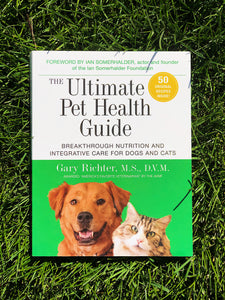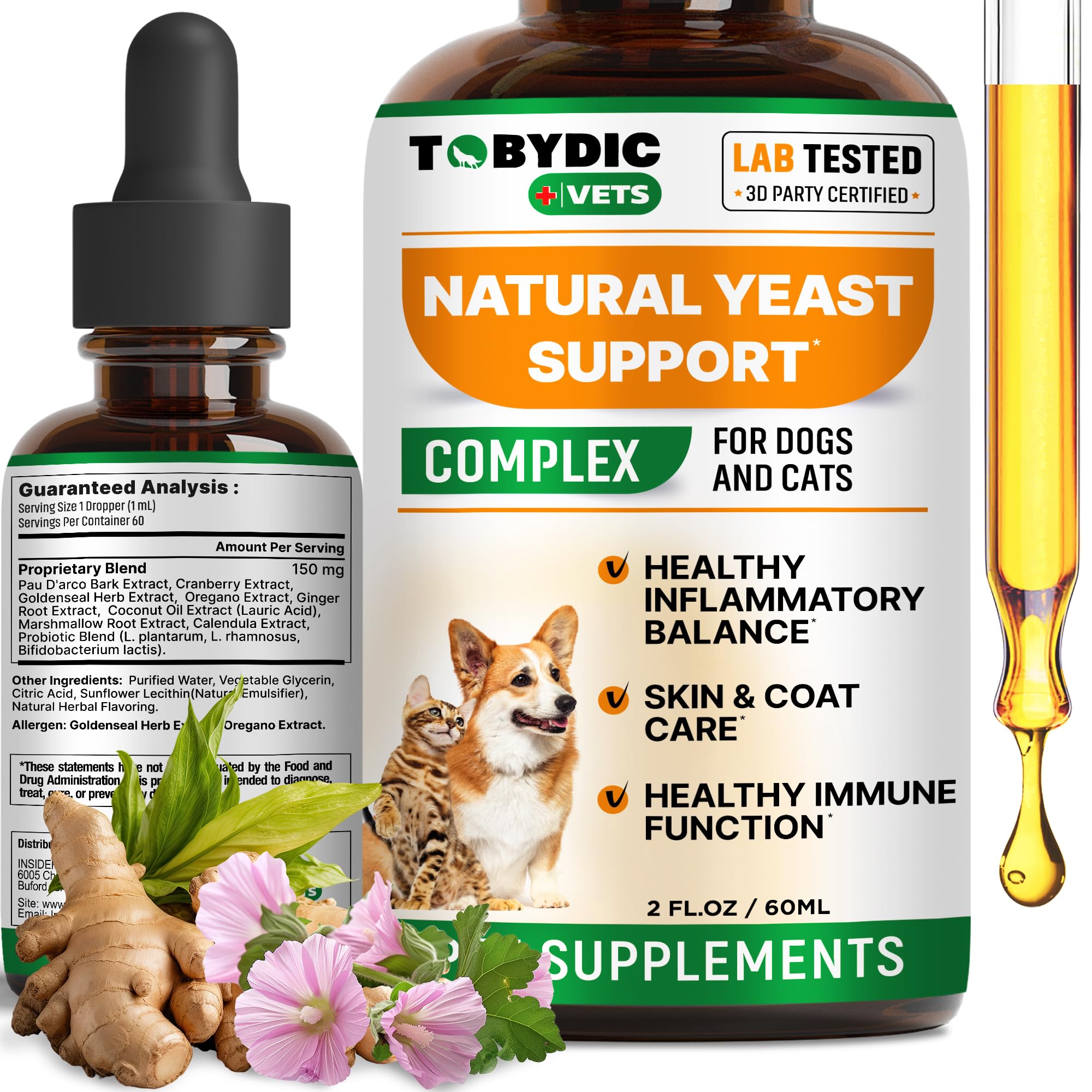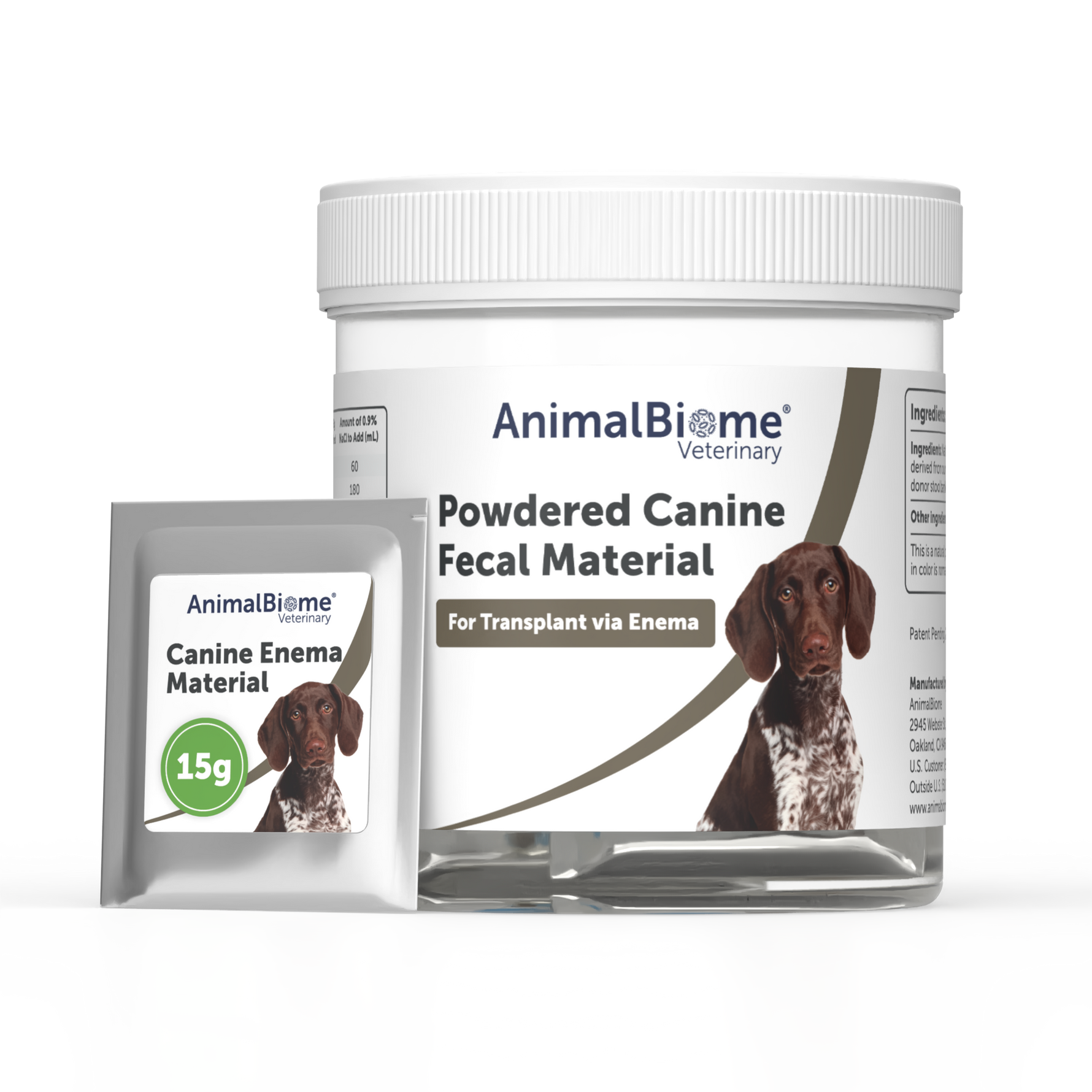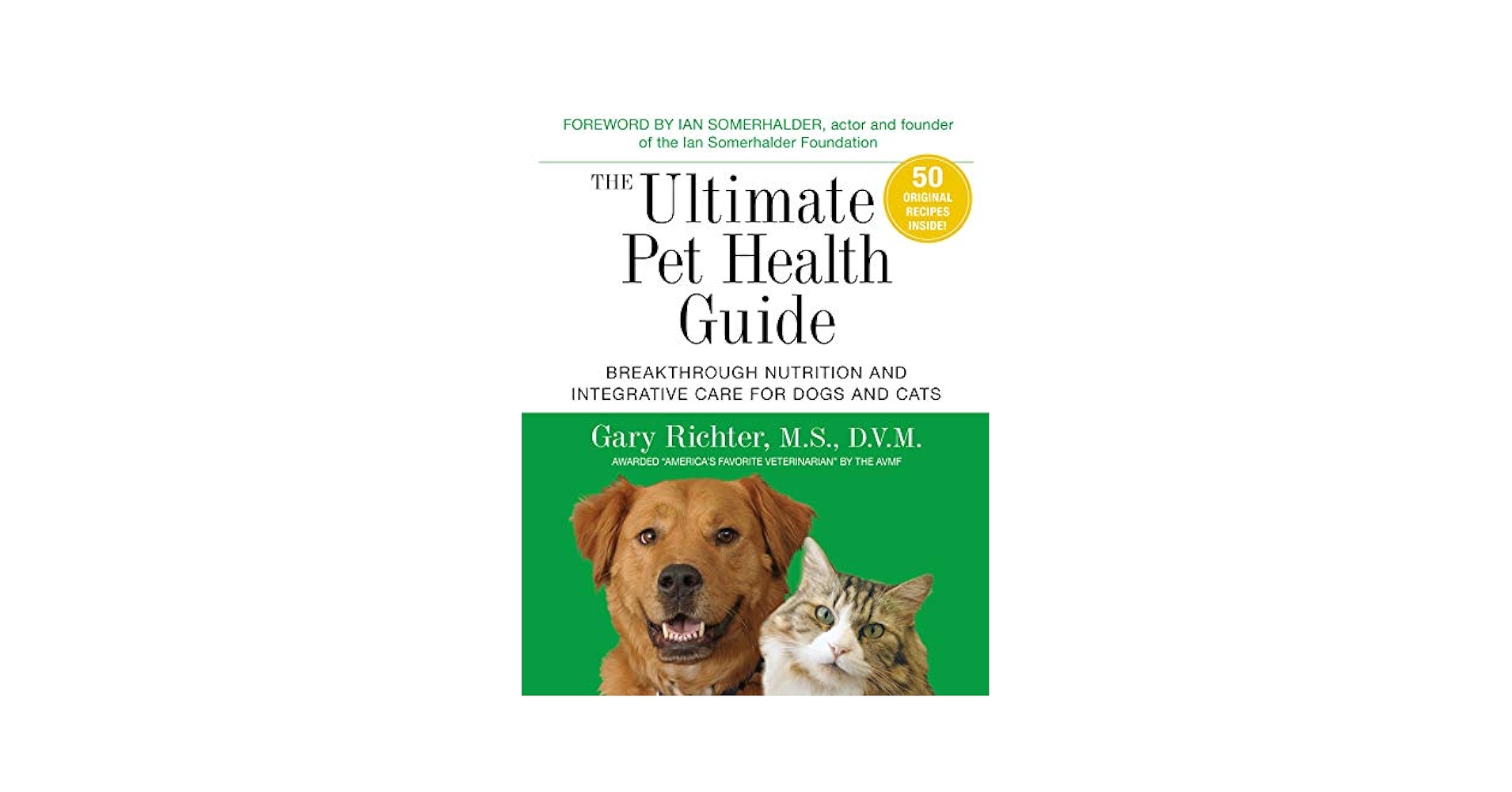If you care about your dog’s health, you’ve probably wondered what the best diet looks like. Dr. Gary Richter, a trusted expert in dog nutrition, has some clear advice that can change how you feed your furry friend.
What if the food you’re giving your dog isn’t as healthy as you think? Understanding Dr. Richter’s insights could help you make smarter choices that boost your dog’s energy, happiness, and overall well-being. Keep reading to discover what he says about dog nutrition—and how it can make a real difference for your pet.
Dog Nutrition Fundamentals
Understanding dog nutrition fundamentals is key to ensuring your furry friend stays healthy and active. Dr. Gary Richter emphasizes that good nutrition isn’t about fancy ingredients or trendy diets. It’s about giving your dog what their body truly needs to thrive every day.
Essential Nutrients
Dr. Richter highlights that dogs require a combination of proteins, fats, carbohydrates, vitamins, and minerals to stay healthy. Proteins provide the building blocks for muscles and tissues, so quality sources like chicken, beef, or fish matter.
Fats offer energy and support brain function. Including healthy fats such as omega-3 and omega-6 fatty acids from fish oil or flaxseed oil can make a significant difference.
Carbohydrates supply quick energy but should come from digestible sources like sweet potatoes or brown rice. Vitamins and minerals support everything from bone health to immune function.
- Protein: muscle repair and growth
- Fat: energy and brain health
- Carbohydrates: quick energy
- Vitamins: immune and skin health
- Minerals: bone strength and metabolism
Have you checked if your dog’s food contains these essential nutrients in the right amounts?
Balanced Diet Principles
Dr. Richter advises focusing on balance rather than excess. Too much of one nutrient can cause problems, while too little can lead to deficiencies.
Feeding your dog a variety of whole foods helps maintain this balance naturally. Rotate proteins, add fresh vegetables, and adjust portions based on your dog’s age, size, and activity level.
He also recommends avoiding fillers and artificial additives that add no nutritional value. Instead, choose foods with recognizable ingredients you would eat yourself.
Think about your dog’s diet like a puzzle—are all the pieces fitting together to support their health?
Holistic Approach To Canine Diet
Dr. Gary Richter emphasizes a holistic approach to canine diet that goes beyond just feeding your dog. He believes that nutrition should support the whole body, including digestion, immune function, and mental health. This means paying close attention to the quality of ingredients and avoiding anything that might harm your dog’s well-being.
Natural Ingredients
Dr. Richter stresses the importance of feeding dogs natural ingredients that closely resemble what they would eat in the wild. Fresh meats, vegetables, and whole grains form the foundation of a healthy canine diet. You might notice that your dog has more energy and a shinier coat when you switch to foods free from fillers and artificial components.
Think about your own meals—would you choose food filled with preservatives or fresh, whole foods? Dogs deserve the same. Including ingredients like sweet potatoes, carrots, and lean meats can provide essential nutrients without unnecessary chemicals.
Avoiding Harmful Additives
Many commercial dog foods contain additives that can cause allergies, digestive upset, or long-term health issues. Dr. Richter warns against ingredients like artificial colors, flavors, and preservatives. These additives serve no nutritional purpose and often mask low-quality ingredients.
Ask yourself: could these additives be affecting your dog’s behavior or health? Removing harmful additives can lead to improved digestion and fewer allergic reactions. Your dog’s diet should be simple and clean, focusing on nourishment rather than convenience or appearance.
Role Of Raw And Homemade Diets
Dr. Gary Richter highlights the important role raw and homemade diets play in dog nutrition. He emphasizes that these diets can offer natural nutrients often missing in processed foods. Raw and homemade meals can support better digestion, healthier skin, and more energy for dogs. Such diets also allow pet owners to control the ingredients and avoid harmful additives.
Benefits Of Raw Diets
Raw diets contain fresh meats, bones, and organs. These ingredients provide natural proteins and fats essential for dogs. Raw food often has more vitamins and minerals compared to cooked or processed food. Dogs may show improved coat shine and stronger teeth. Raw diets can help reduce allergies and digestive issues in some dogs. Dr. Richter notes that feeding raw mimics the natural diet of wild dogs.
Preparing Homemade Meals
Homemade meals let owners choose high-quality ingredients for their pets. Balanced nutrition is key when making food at home. Include a mix of proteins, vegetables, and healthy fats. Avoid harmful foods like onions, garlic, and chocolate. Dr. Richter suggests consulting a vet or pet nutrition expert before starting homemade meals. Proper preparation and hygiene help prevent foodborne illness. Fresh, clean water should always be available alongside homemade diets.

Credit: shop.mypetthrives.com
Supplements And Their Importance
Supplements play a vital role in dog nutrition according to Dr. Gary Richter. They help fill gaps that a regular diet might miss. Supplements support overall health and improve specific functions. Choosing the right supplements ensures dogs get balanced nutrition every day.
Essential Vitamins And Minerals
Dr. Richter highlights the need for essential vitamins and minerals. These nutrients keep dogs strong and healthy. Important vitamins include:
- Vitamin A for vision and skin health
- Vitamin D for bone strength
- Vitamin E as an antioxidant
- Vitamin B complex for energy and metabolism
Minerals such as calcium, phosphorus, and zinc also support vital body functions. Supplements can provide these if the diet lacks them. Proper levels prevent deficiencies and related health issues.
Addressing Specific Health Needs
Supplements help target special health concerns in dogs. Dr. Richter notes that some dogs need extra support for:
- Joint health with glucosamine and chondroitin
- Digestive health using probiotics
- Skin and coat condition with omega-3 fatty acids
- Immune system boost through antioxidants
Customizing supplements to each dog’s needs improves quality of life. It helps manage chronic conditions and keeps dogs active longer.
Common Myths In Dog Nutrition
Dog nutrition is filled with many common myths. These myths can confuse pet owners and lead to poor feeding choices. Dr. Gary Richter often speaks about these misunderstandings and clears up the facts. Knowing the truth helps keep dogs healthy and happy.
Misconceptions About Protein
Many believe dogs need very high protein to stay healthy. Dr. Richter explains that dogs require balanced protein, not just large amounts. Quality matters more than quantity. Too much protein can stress kidneys, especially in older dogs. Protein should come from good sources like meat, eggs, or fish. A balanced diet supports energy, muscle, and overall health.
Debunking Grain-free Diets
Grain-free diets became popular but are not always better. Dr. Richter warns that grains like rice or oats provide important nutrients. Removing grains can lead to missing vitamins and minerals. Some grain-free foods use more peas or lentils, which may cause heart problems in some dogs. Grains are safe for most dogs and help digestion. The best diet includes a mix of ingredients for balanced nutrition.

Credit: petsplusmag.com
Choosing Quality Commercial Dog Food
Choosing quality commercial dog food is key to your pet’s health. Dr. Gary Richter highlights the importance of selecting foods that truly nourish dogs. Not all dog foods are created equal. Some contain fillers and artificial ingredients that offer little nutrition. Quality dog food supports energy, coat health, and overall well-being.
Reading Labels
Check the ingredient list carefully. The first ingredient should be a named meat source like chicken, beef, or fish. Avoid vague terms such as “meat meal” or “animal by-products.”
Look for whole food ingredients. Real vegetables and grains add fiber and nutrients. Watch for artificial colors, flavors, or preservatives. These can harm your dog’s health over time.
Guaranteed analysis helps understand nutrient content. Protein and fat percentages matter for energy and growth. Fiber supports digestion. Compare these values across brands.
Identifying Quality Brands
Choose brands with transparent sourcing and clear ingredient origins. Brands that conduct feeding trials prove safety and effectiveness. Avoid those that rely solely on ingredient analysis.
Check if the brand follows AAFCO guidelines. This ensures the food meets minimum nutritional requirements. Look for products formulated for your dog’s life stage, size, and health needs.
Research brand reputation and reviews. Trusted companies often have veterinary endorsements. Quality brands invest in research and quality control to maintain high standards.
Tailoring Diet To Life Stages
Dr. Gary Richter stresses the importance of adjusting a dog’s diet based on their life stage. Dogs have different nutritional needs as they grow, age, and face various health challenges. Feeding the right food at the right time supports their health and vitality.
Each life stage demands specific nutrients and calorie amounts. A balanced diet helps maintain energy, supports body functions, and prevents illnesses. Tailoring diet to life stages is a key part of good dog care.
Puppy Nutrition Needs
Puppies require high energy and nutrients for growth. Dr. Richter highlights protein as vital for muscle development. Healthy fats support brain and eye growth.
- Frequent, smaller meals help maintain energy.
- Calcium and phosphorus are crucial for strong bones.
- Vitamins and antioxidants boost immunity.
Dr. Richter advises avoiding fillers and artificial ingredients. Whole foods and natural sources provide better nutrition.
Senior Dog Dietary Adjustments
Older dogs need fewer calories but more nutrients. Dr. Richter suggests lowering fat to prevent weight gain. Protein remains important to preserve muscle mass.
- Adding fiber supports digestion and gut health.
- Joint supplements like glucosamine aid mobility.
- Antioxidants help reduce inflammation.
Hydration is essential for senior dogs. Dr. Richter recommends wet food or fresh water to keep them well-hydrated.
Credit: www.youtube.com
Frequently Asked Questions
What Is Dr. Gary Richter’s View On Dog Nutrition?
Dr. Gary Richter emphasizes whole, natural foods for dogs. He advocates for balanced diets with fresh meats, vegetables, and limited processed ingredients. His approach promotes optimal health and vitality in dogs.
Does Dr. Gary Richter Recommend Raw Feeding For Dogs?
Yes, Dr. Richter supports raw feeding. He believes it closely mimics a dog’s natural diet. Raw feeding includes raw meats, organs, and bones for better digestion and nutrient absorption.
How Important Are Supplements According To Dr. Gary Richter?
Dr. Richter suggests supplements only when necessary. He focuses on complete nutrition from whole foods first. Supplements should address specific deficiencies, not replace balanced meals.
What Common Dog Food Mistakes Does Dr. Gary Richter Warn About?
Dr. Richter warns against overprocessed foods and fillers. He advises avoiding excessive grains, artificial additives, and low-quality proteins. These can harm digestion and overall health.
Conclusion
Dr. Gary Richter stresses the importance of fresh, whole foods for dogs. He believes natural ingredients support better health and energy. Avoiding processed dog food reduces risks of allergies and illness. Feeding dogs a balanced diet helps maintain strong muscles and a shiny coat.
Each dog is unique and needs specific nutrition. Careful food choices can improve your dog’s life quality. Trusting expert advice like Dr. Richter’s benefits every pet owner. Healthy dogs are happy dogs. Simple, natural nutrition makes a big difference.







